The Rajya Sabha has passed a Constitution Amendment Bill that clears the way for the much-awaited Goods & Services Tax, billed as the largest overhaul of India’s indirect tax system. Union finance minister Arun Jaitley moved the motion for the Constitution (122 Amendment) Bill, kickstarting a day-long debate but this time with the Congress-led Opposition scoring points against the ruling Bharatiya Janata Party without seeking to scuttle the bill, as it has been doing since 2014.
The two-year-old deadlock was broken after the government offered concessions to Congress, which originally proposed the GST while in power but has opposed what it termed as a “flawed” tax. The BJP-led National Democratic Alliance government does not have the numbers needed in the upper house. The constitutional amendment requires a two-thirds majority to pass. When Congress was in power, the BJP opposed the bill. The GST Bill’s passage marks a victory for Prime Minister Narendra Modi, with the reforms projected to boost Asia’s third-largest economy. “GST is one of the most significant tax reforms in the history of India,” Jaitley told lawmakers. India is already the world’s fastest-growing large economy, expanding by 7.9 percent year-on-year in the March quarter. Economists at HSBC forecast the GST would produce a boost of 0.8 percentage points within three to five years. Yet, while the finance minister vowed to roll out the new sales tax as soon as possible, he refrained from committing to a firm date.
Implementation of the goods and services tax from 1 April 2017 will help in further improving India’s rankings in the global competitiveness as well as in the ease of doing business index, finance minister Arun Jaitley said. A report released by the World Economic Forum on Wednesday showed that India’s rankings had improved by 16 places to 39 this year among 138 countries from 55 last year. Due to a series of structural reforms undertaken by the government since coming to power, India’s rankings have improved by 32 places in the last two years. This signifies India’s competitiveness vis a vis other economies,” he said. “If there is a possible implementation of GST in 2017, then that part of the negative characterisation in terms of the goods market will be taken care of. In terms of negative aspects of the ICT (information and communications technology) industry, implementation of digital India will help address that,” he said, adding that education and healthcare are two areas where there is still a lot of work to be done.
Jaitley pointed out that among the BRICS countries, only China is slightly ahead of India. He also expressed hope that the momentum will continue in the future as well. When asked if the government expects a good improvement in the World Bank’s ease of doing business rankings to be released later this year, Jaitley said that the cut-off date for the index means that the implementation of the bankruptcy code and the forward movement in GST would not have been taken into account this year. India was ranked 130 among 189 countries in last year’s ease of doing business index. Shaktikanta Das, secretary of, department of economic affairs, said GST will have a big impact on both ease of doing business and on world competitiveness rankings. “The improvement in the competitiveness ranking is a consequence of the various reform initiatives that the government has undertaken over the last couple of years. Strength of investor protection and internet availability are some of the positives that have been highlighted,” he said.
—Prashant Tewari, Editor-in-Chief







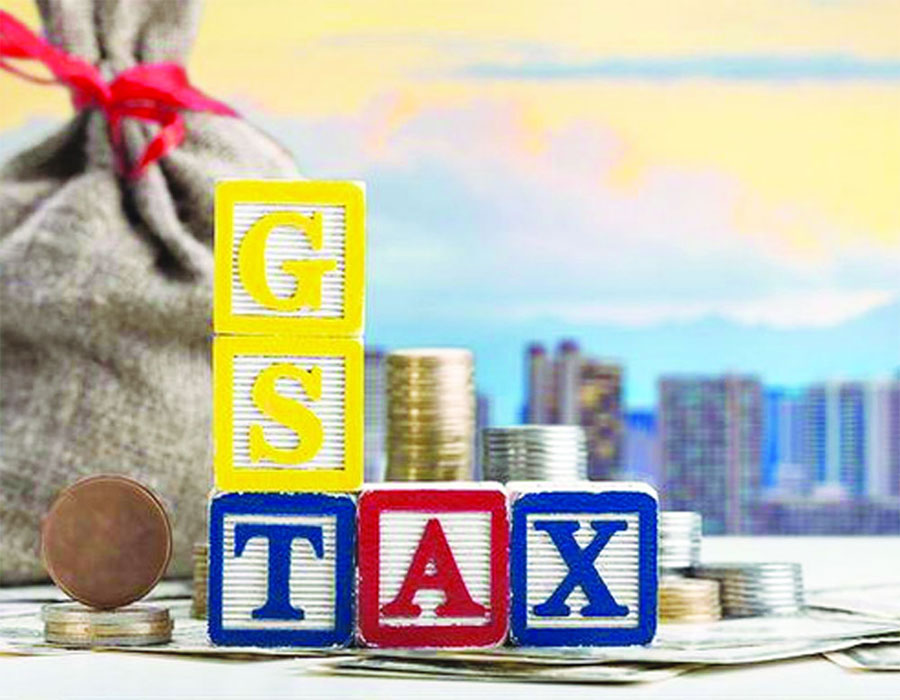
 OpinionExpress.In
OpinionExpress.In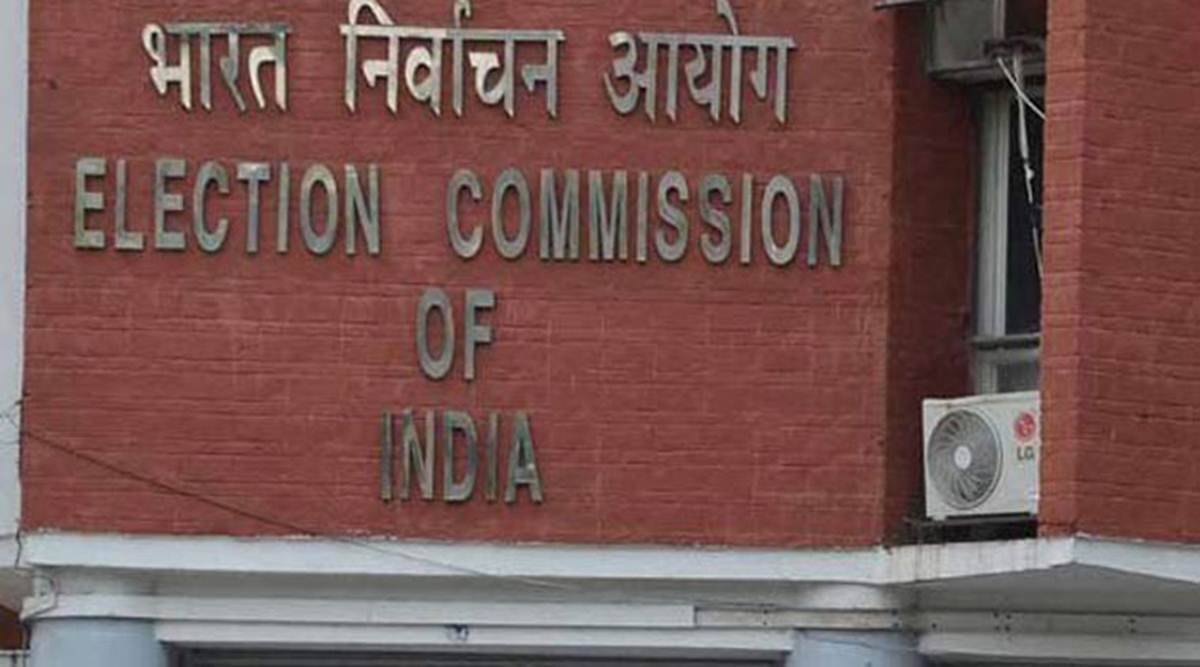
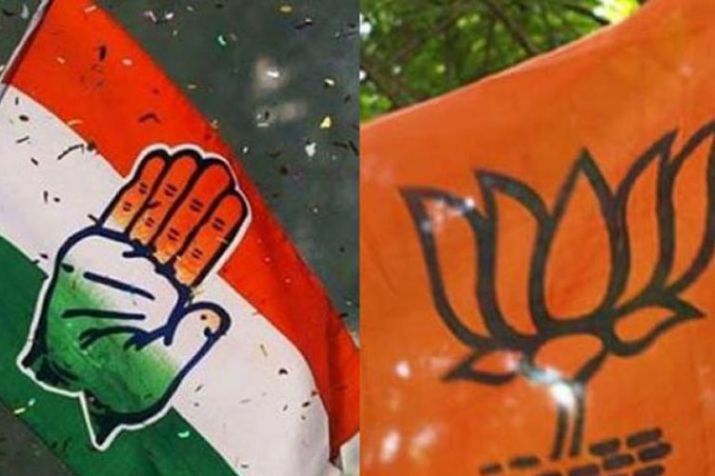
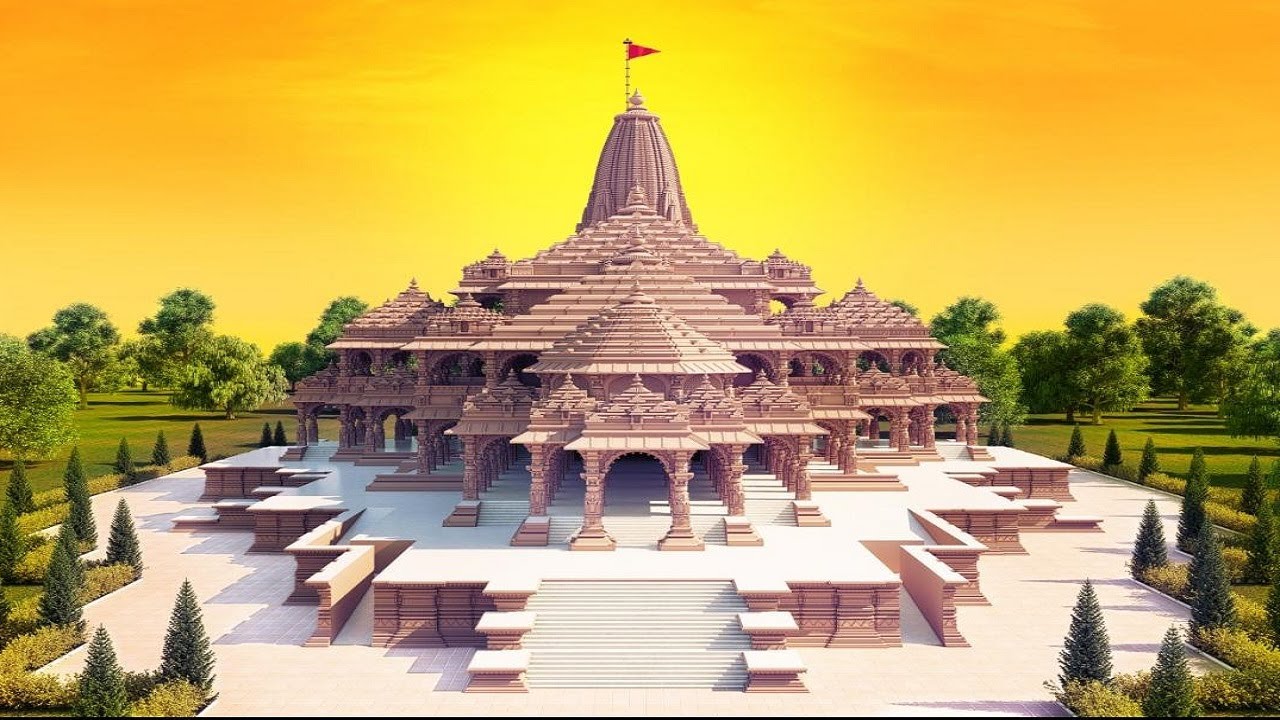
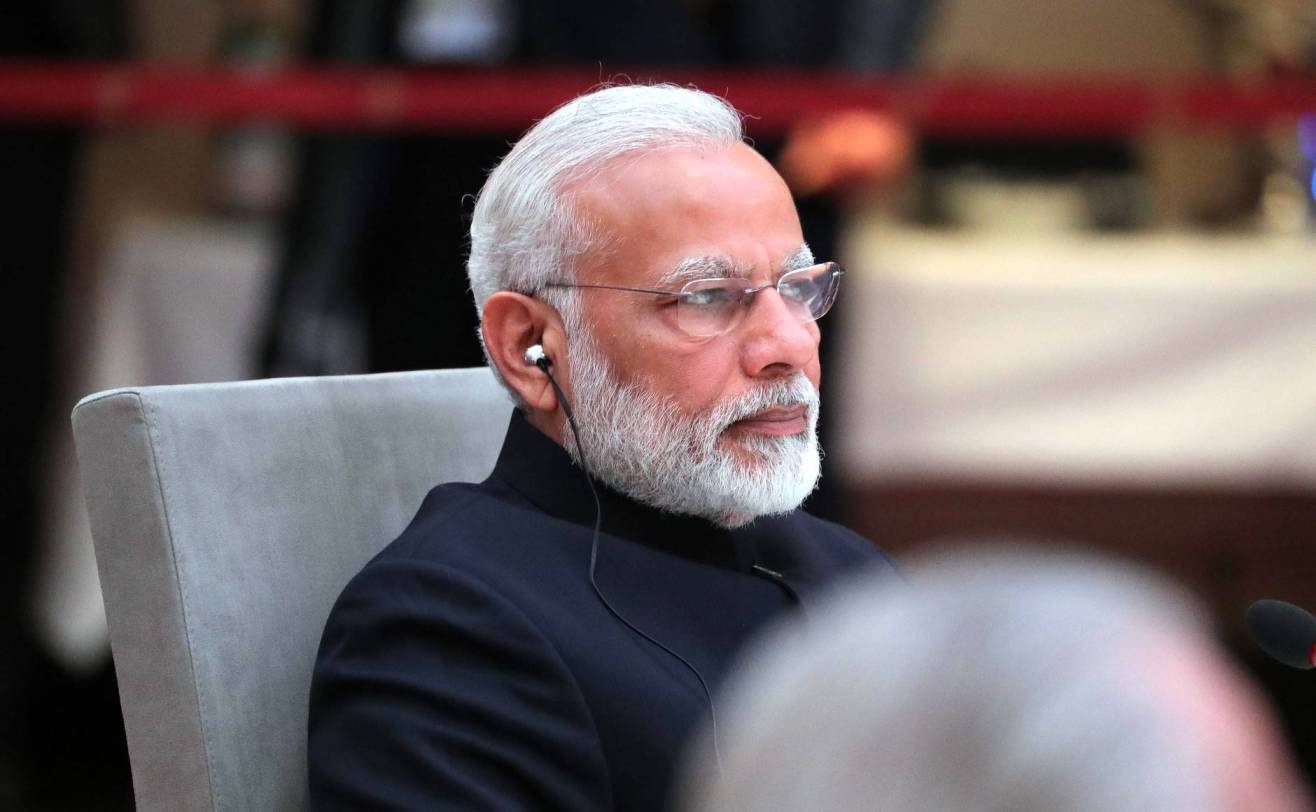

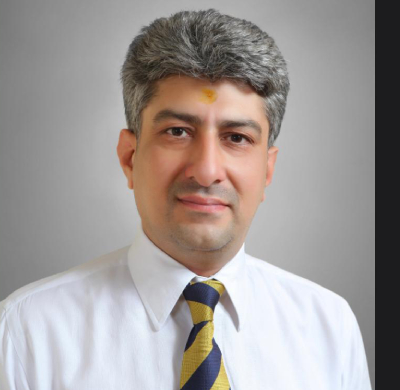

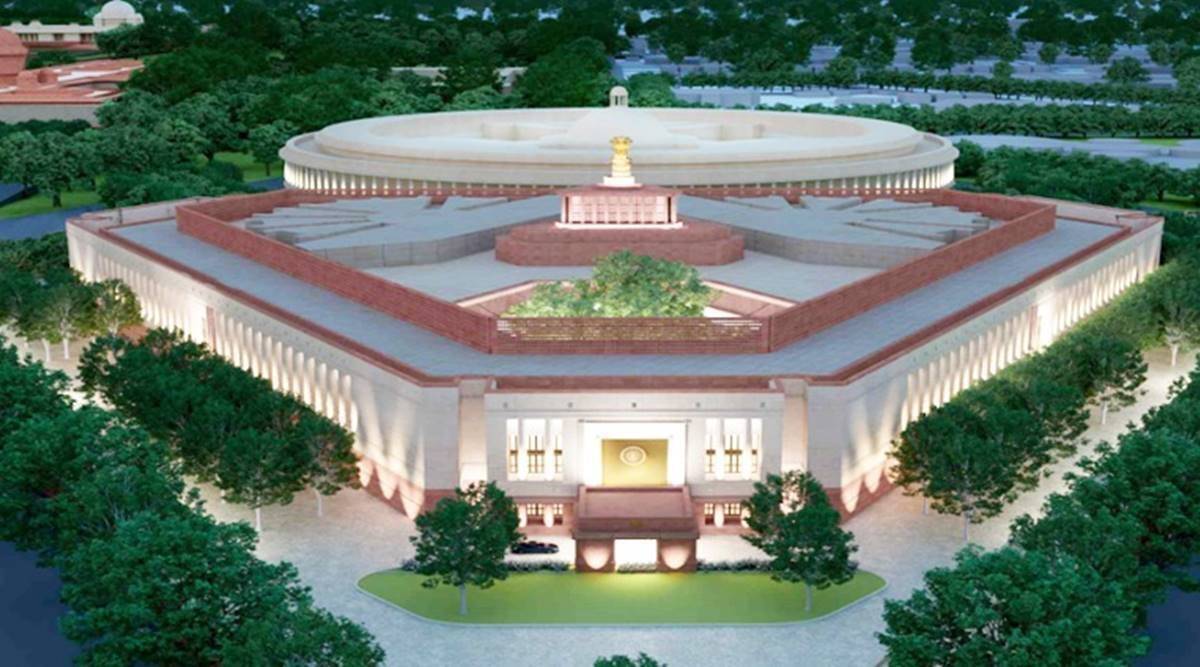

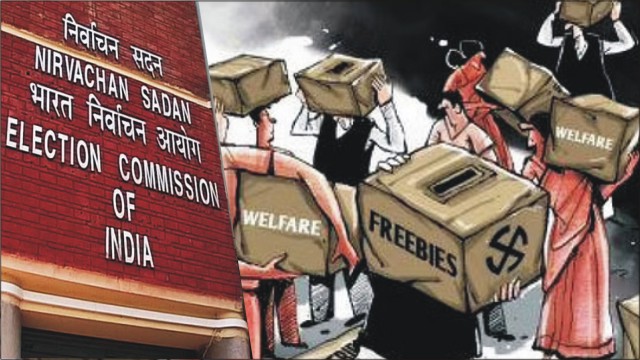






Comments (0)